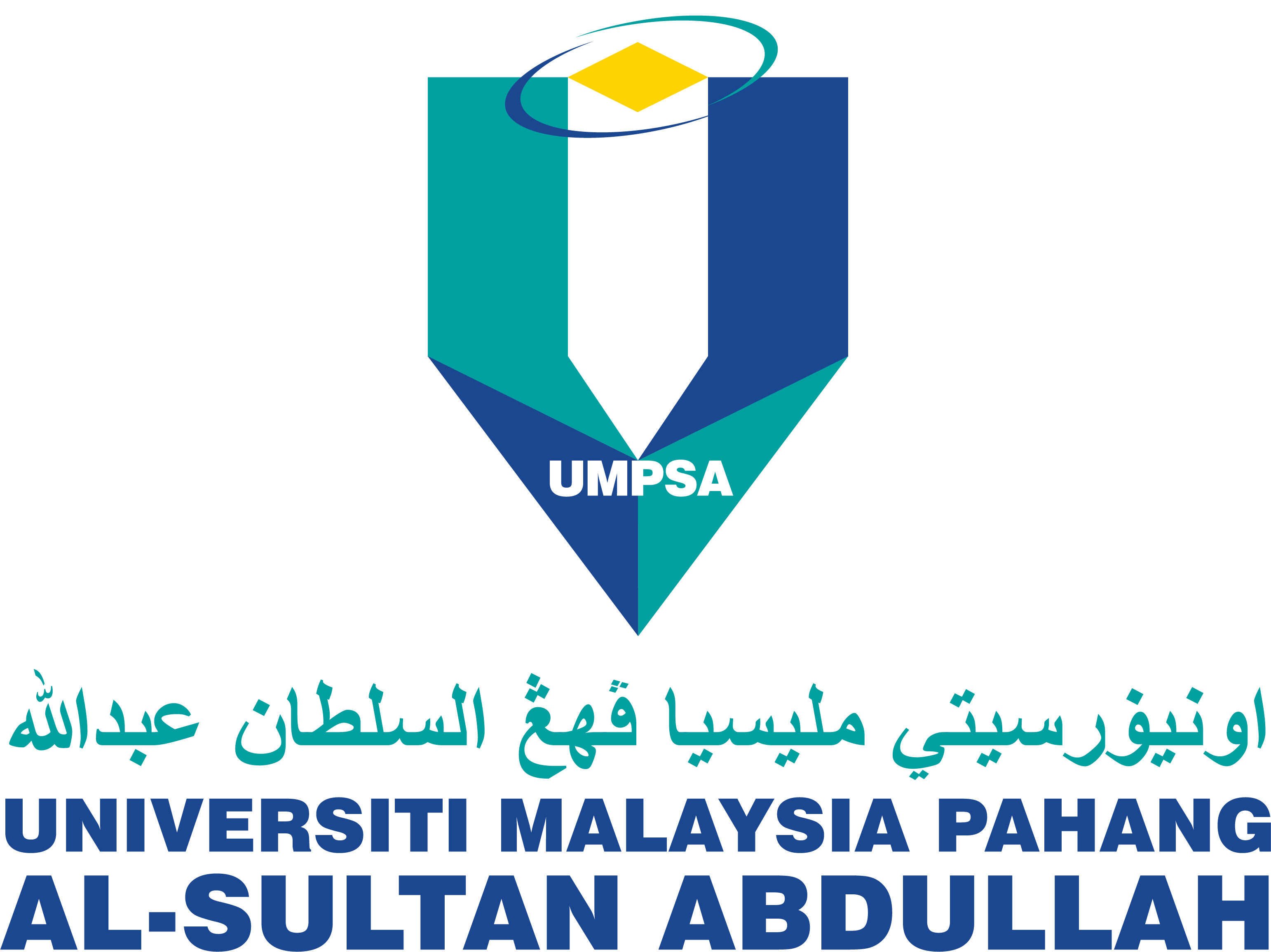UMP Researches Discovered a System To Treat Groundwater and Rainwater As an Alternative Source of Clean Water
People living in some rural areas including in Orang Asli villages are still facing problems relating to clean water supply. This is mainly due to the high cost involved to build the piping facility to treat water and the time taken to complete the project. The lack of this basic necessity has forced the villagers to use water from natural resources such as wells and rainwater for their daily activities like cooking and drinking. Untreated water such as rainwater collected from zinc coverings seemed clear but it actually contains foreign material and is contaminated. The water can be harmful to consumers.
A group of researchers from Universiti Malaysia Pahang (UMP) became aware of the matter and was deeply concerned about it. The group, led by Abdul Syukor Abd Razak, helped to develop a Water Supply System to Rural Area (Wasra) that harvested groundwater and rainwater using organic waste and membranes. Wasra is the best possible system that can supply clean water, benefitting the 2,000 people in the village. The cost is between RM800,000 and RM1.5 million as compared to the cost of RM2 million-RM5 million if the project is to be implemented by the Water Supply Department.
Wasra involves the collection of rainwater and pumping of groundwater which is then treated by using natural materials and plants – activated carbon, fronds and shells of palm oil and coconut, and sand. The water goes to the next stage of reverse osmosis process using membranes supplied by a multinational company, GE Water & Process Technologies (M) Sdn. Bhd. before it is channelled to a storage tank.
There are only three stages to the whole process where the natural water resource is treated to eliminate bad smell, muddy colour and foreign particles so the water is clean and safe for consumption, Abdul Shukor said when met at UMP Gambang Campus here recently. The research started in May 2006 with a social study carried out in Kampung Simpai Pekan, Pahang that was inhabited by some 2,000 Orang Asli. They had not gotten clean water supply for years. The study was supervised by Associate Professor Dr. Abdullah Ibrahim and others involved in the work were Suryati Sulaiman, Dr. Zularisam Ab Wahid, Zahrizan Zakaria, Aimi Ilmar Ramli, Hasmanie Abdul Halim, Norasman Othman, Shairul Rohaziawati Samat, Kamariah Mat Peah and Mohd Rashid Ab Hamid.
The study was conducted over six months and the finding revealed that the villagers had all the while depended on rainwater and well as their source of water. The villagers were in need of clean water supply for their daily activities and it was equally important to prevent them from getting sick for consuming contaminated water. The research work won a gold medal and a Special Award from the President of Korean Institute of Patent Information. It also attracted the attention of Ministry of Science, Technology and Innovation (MOSTI) which offered a fund of RM900,000 for Wasra to be implemented as a pilot project in Kampung Simpai Pekan. To date, Wasra has been developed at the laboratory scale. Fund to be obtained soon from MOSTI will enable the system be carried out in Kampung Simpai Pekan before it can be extended to other rural areas, and even abroad such as to Indonesia.


